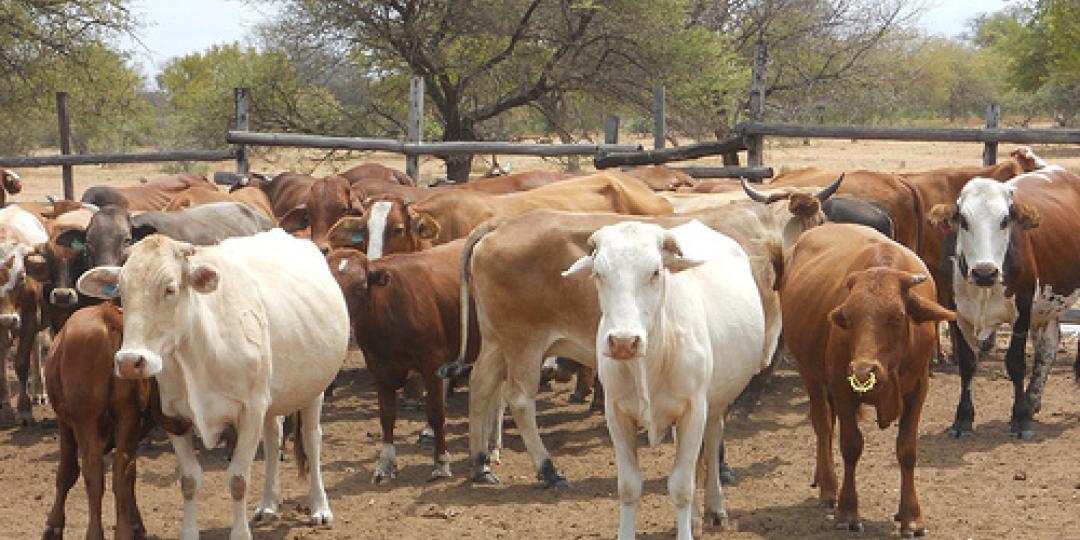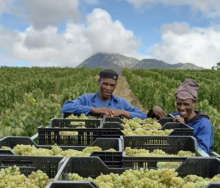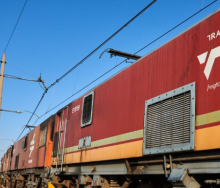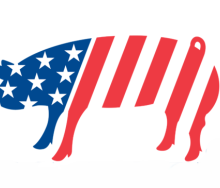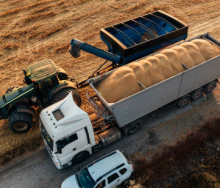GABORONE – The South African government has finally unveiled the new stringent livestock import requirements which include quarantine periods and pre-export health certification for all cattle, goats and sheep coming from Namibia, Botswana, Lesotho and Swaziland.
The regulations, which take effect on July 1, have been criticised as an existential threat to the business by regional farmer organisations, especially in Namibia where producers feel the regulations will shut down the industry which exports nearly N$2 billion worth of livestock annually to SA.
However, SA has defended the regulations saying they were necessary to protect its own livestock industry from diseases and are in line with new international standards of farm and farm products health care.
According to the list of regulations obtained by the African News Agency (ANA), before farmers in the four SADC countries can export cattle to South Africa, they would be required to test entire herd for tuberculosis and lung sickness regardless of whether they plan to export the herd or just a few members.
"All cattle herds should be declared clinically free from Infectious Bovine Rhino-Tracheitis /Infectious Pustular Vulvo-Vaginitis (IBR/IPV) and must be vaccinated against IBR more than 30 days, but not more than six months before export with an inactive/dead vaccine. The entire cattle herd should test negative for Bovine Brucella and TB for the 12 months prior to export. Cattle should be kept in an isolation camp before export.
"A list of ear tags should accompany the cattle to the final destination. Each head of cattle exported should test negative for Brucella Abortus and TB within 30 days before export. Only heifers younger than 18 months, that were vaccinated against Brucella between the age of four months and eight months do not need to be tested. Bulls for breeding purposes should be tested for Trichomonas and Vibriosis," read the main part of the regulations.
The regulations also stipulated that all anthrax vaccine records should be up to date and cover the period within 12 months prior to export. In addition, cattle should be treated against internal and external parasites 72 hours before export. Loading of cattle may only be done under veterinary supervision and proof of all vaccinations and treatments should be produced before the veterinary service can certify export permits.
The new policy also requires that after health checks via individual blood tests, all small stock must be moved into a quarantine facility for the entire period of preparation for export. All small stock animals are required to bear individual identification numbers by means of ear tags which can only be purchased from Meat Board (of Namibia) and a list of the ear tag numbers should accompany the animals to their end destination.
In addition, small stock should come from a farm that is certified free from Brucella Melitensis and all animals must be tested for diseases 30 days before export. Sheep farmers in Namibia, Swaziland, Botswana and Lesotho are required to ensure that the sheep breeding rams are tested for the Brucella Ovis virus 30 days before export.
All sheep should also receive precautionary treatment against sheep scab within the quarantine period and all small stock should be treated against internal and external parasites 72 hours before export. The loading of small stock for export can only be done under veterinary supervision and all vaccination and treatment records must be produced before the veterinary official can issue an export permit.
